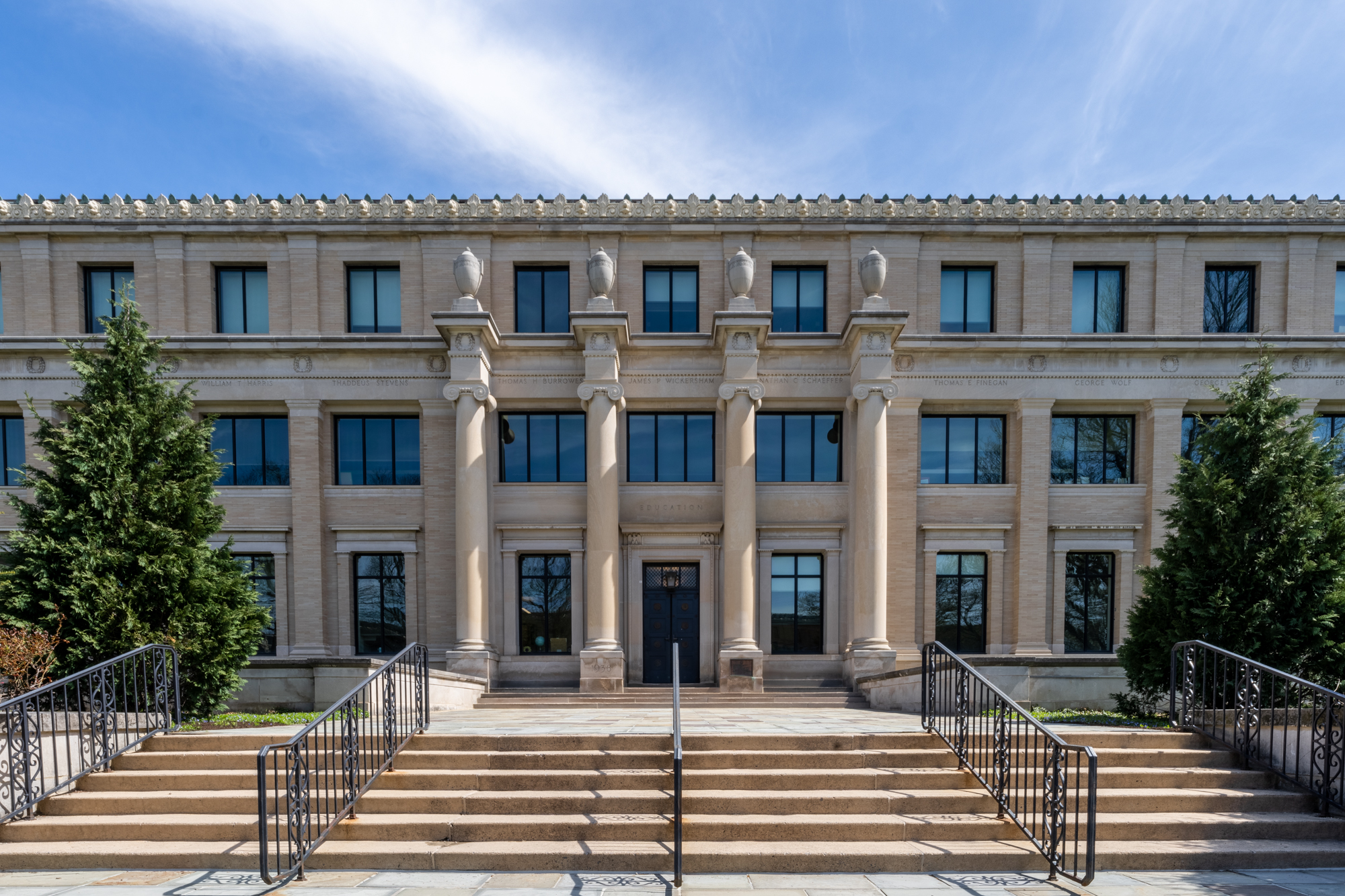Welcome to my final “Personal is Political” blog, brought to you by an anxiety-spiral about my post-graduation plans! As a liberal arts student, I’ve been ask all the notorious questions that college students hate:
“What are you going to do with that degree?”
“You’re majoring in what?”
“Don’t you want to make money?”
Ever a loyalist to my major (yay history!) I of course defend the liberal arts with all my might. But I would be lying if I said I didn’t occasionally ask myself the same questions. With the increasing focus on STEM careers (especially for women) in popular culture and education, it can be easy to dismiss the liberal arts as a “luxury” or a “hobby” rather than a valid discipline that leads to valid careers. As a result, Universities across the country are making cuts to their liberal arts programs (West Virginia University announced its intent to cut 32 different programs in October of last year, with nearly half of them being in the arts or humanities) and Republicans in Congress are calling for an end to the National Endowment for the Humanities (NEH) (Leach).
Let’s discuss why both of these developments are absolutely terrible news for humankind.
Across the country, there is growing support for the idea that students should take courses specifically tailored to their future careers, leading to cut funding and decreased tenure protections within the liberal arts. As such, students are much less likely to take courses in the humanities. According to historian Bret C. Deveraux, this means students are missing out on valuable classes that teach students to not only be good workers, but also good citizens” (Deveraux). In other words, knowledge of history and culture allow students to understand the world around them and to participate fully in society. Without these courses, students do not develop critical thinking skills that allow them to draw connections across disciplines. Furthermore, a liberal arts education results in strong problem solving, writing, and communication skills that are highly valuable to employers (Pasquerella). Clearly, liberal arts degrees are not “useless” as some may suggest.
Another big concern for academics is decreased support in Congress for the NEH. Conservatives are quick to dismiss the NEH as a “waste of taxpayer money,” but it has done immeasurable good in “strengthening the infrastructure of ideas,” with its funding resulting in the publishing of dozens of Pulitzer Prize winners, important documentaries, and other invaluable sources that help us better understand our own humanity, prevent us from making the same mistake twice, and give us insight into who we are as a nation. As such, it is crucial that we continue to fund the National Endowment for the Humanities and that we support the liberal arts in universities across the nation. I’ll leave you with a quote from Jim Leach, former chairman of the NEH:
“Tyrants have good reason to fear the humanities. We do not. The humanities are America’s stock and trade. They are a national asset that we shortchange at our peril.”

Sources:
https://www.nytimes.com/2023/04/02/opinion/humanities-liberal-arts-policy-higher-education.html
https://www.thedailybeast.com/why-we-must-save-the-national-endowment-for-the-humanities
https://hbr.org/2019/09/yes-employers-do-value-liberal-arts-degrees
Image courtesy of Penn State College of the Liberal Arts
As a fellow liberal arts college girly (psychology) I also feel your pain. It is sometimes difficult for me to remind myself that not having a major that specifically will place me into one career type is a actually a good thing and will give me more options career-wise of what I could potentially do or become. Humanities are super important and it’s so depressing that everyone is focused on what will make the most money rather than what is actually important.
I won’t lie, I often question my major as well. Especially my minor (WGSS). But I also remember that this is what I am passionate about and I know my future career will be something amazing. Humanities are so important, some people are just way too close minded to see that.